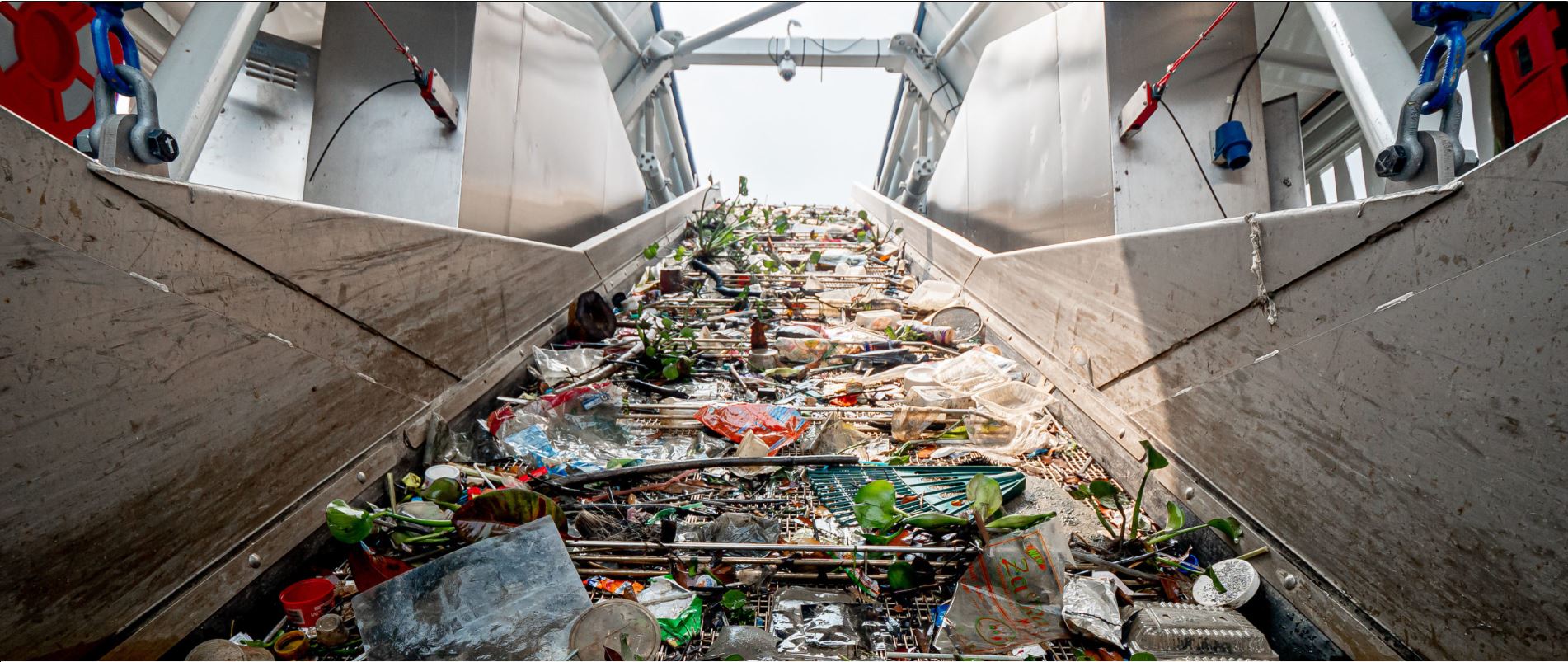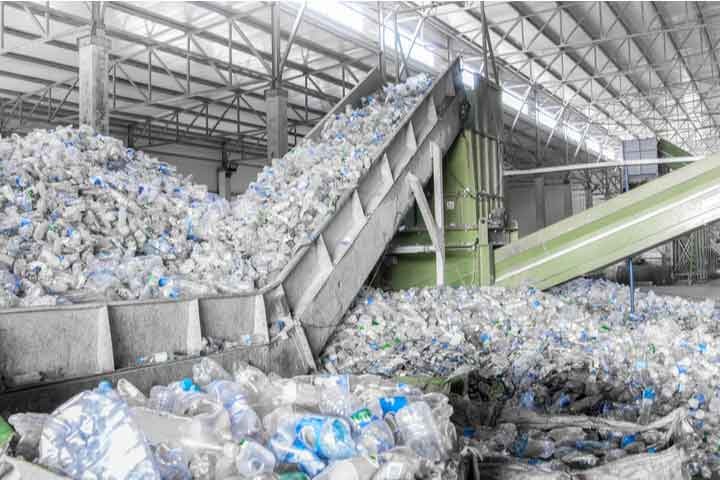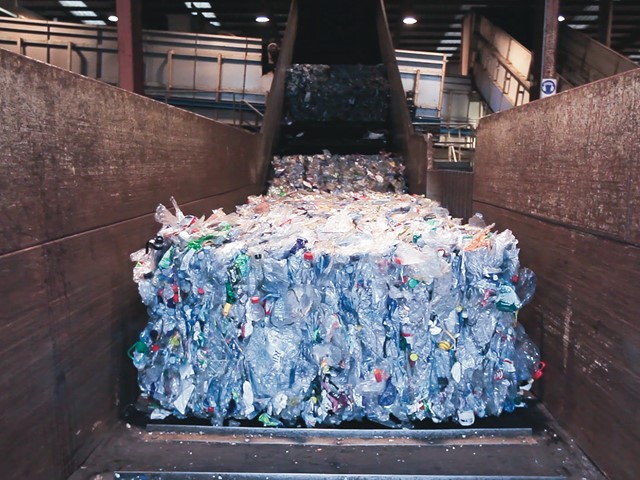
Tech for a Sustainable Future: Plastic-Free Hackathon
Introduction:
As the issue of plastic pollution continues to grow, it is essential to engage talented individuals to develop innovative solutions. One effective way to achieve this is through organizing technology challenges or hackathons that encourage students to develop software or applications that promote plastic reduction, recycling, or sustainable consumer choices. This article will explore the concept of a “Tech for a Sustainable Future: Plastic-Free Hackathon” and how it can be organized to foster creativity, collaboration, and a more sustainable future.
Objective of the Hackathon:
The primary objective of the “Tech for a Sustainable Future: Plastic-Free Hackathon” is to bring together passionate individuals from various backgrounds, including computer science, engineering, and environmental studies, to develop creative and practical software solutions that address plastic pollution. The participants will be tasked with developing applications or software that promote plastic reduction, recycling, or sustainable consumer choices.

Organizing the Hackathon:
To organize a successful hackathon, several key steps must be followed:
- Define the Theme and Scope:
Choose a clear theme for the hackathon, focusing on plastic reduction, recycling, or sustainable consumer choices. Clearly define the problem statement, expectations, and resources available to the participants. - Create Teams:
Form teams comprising individuals with diverse skill sets. Encourage networking and team formation in the early stages to ensure participants can coordinate their skills effectively. - Set Agenda and Schedule:
Develop a detailed agenda and schedule for the hackathon, including the opening ceremony, team formations, brainstorming sessions, coding sessions, mentors’ availability, and final presentations. Ensure the schedule allows for breaks and rest periods to maintain energy levels. - Gather Mentors:
Invite experts from relevant fields, including sustainability, waste management, and technology, to mentor and guide the participants throughout the hackathon. Their expertise will prove invaluable in refining ideas and troubleshooting technical challenges. - Provide Resources:
Ensure participants have access to necessary resources like laptops, programming tools, and datasets related to plastic pollution. Collaborate with relevant organizations or sponsors to acquire these resources. - Foster Collaboration and Networking:
Create opportunities for participants to network and interact with individuals from diverse backgrounds. This can be accomplished through ice-breaker activities, social events, and networking sessions that facilitate the exchange of ideas. - Judging Panel:
Assemble a judging panel comprising experts in fields related to plastic pollution, sustainability, and technology. Their expertise will be crucial in evaluating the solutions developed by the participants. - Prizes and Recognition:
Offer attractive prizes or incentives to participants, such as financial rewards, internships, or funding opportunities for further development. Recognize the efforts of all participants and highlight the most innovative solutions through media coverage and announcements.

Benefits of the Hackathon:
The “Tech for a Sustainable Future: Plastic-Free Hackathon” offers several benefits:
- Innovation and Creativity:
By allowing participants to think outside the box, the hackathon encourages innovation and the development of creative solutions. This can lead to breakthrough ideas to tackle plastic pollution effectively. - Collaboration and Teamwork:
Hackathons provide an excellent platform for participants to collaborate and work in teams. The diverse skill sets and perspectives fostered during the event promote effective teamwork and problem-solving. - Learning Opportunities:
Participants can acquire new skills, techniques, and knowledge from mentors and other participants. They can gain insights into plastic pollution, recycling methods, and sustainable practices, enhancing their understanding of the issue. - Real-World Impact:
The solutions developed during the hackathon have the potential to make a real-world impact by addressing plastic pollution and promoting sustainable choices. These applications or software can be further developed and implemented to benefit communities and the environment.
Conclusion:
Organizing a “Tech for a Sustainable Future: Plastic-Free Hackathon” presents an excellent opportunity to inspire and empower students to tackle one of the most pressing environmental challenges of our time. By fostering creativity, collaboration, and innovation, such hackathons can contribute to a sustainable future by developing software or applications that promote plastic reduction, recycling, and sustainable consumer choices.
All Categories
- Agricultural Methods
- Agriculture and Women Small Farmers Rights Awareness
- Climate Change
- Disable and Human Rights
- Disable Jobs
- Donation
- Education
- Health Issues
- Organic Foods
- Organic Vegetables
- Orphans Children
- Plastic production and disposal
- Services
- Sinking in Scarcity
- Success Stories
- Uncategorized
- Waste Management
- Women Rights
- Youth Empowerment




